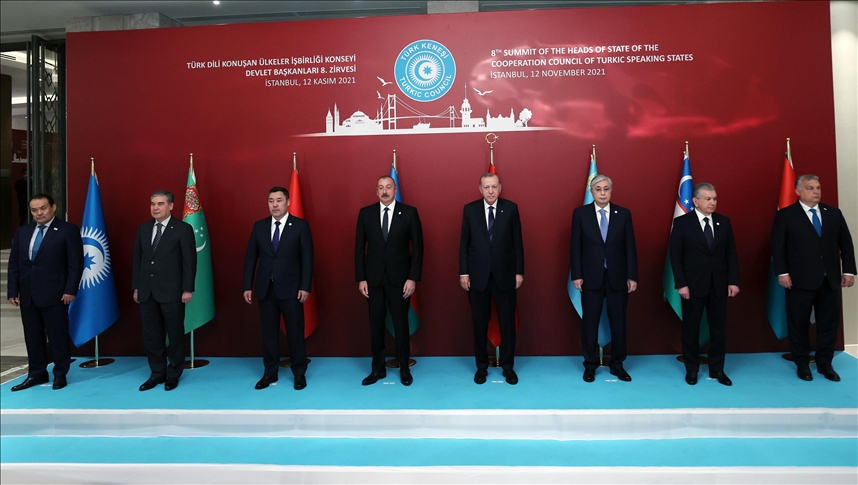Since the end of the Cold War, international politics have experienced heavy turbulence as individual states come face to face with unprecedented challenges. One of these regional challenges was the eruption of revolts in Arab countries. The so-called Arab Spring, which began as a movement of democracy, soon turned into regional chaos, dragging countries such Syria, Yemen and Egypt into political upheaval through civil wars and coup d’etats.
Even though the bipolar balance of power of the Cold War was replaced with the unipolar world order of the U.S., the U.S.’ international hegemony was challenged by not only Russian military power but also Chinese economic power. In Syria, Georgia and Ukraine, Russia has reemerged as a military superpower, imposing its terms on other global actors. Apart from the rivalry between the U.S. and Russia, new players have come to the world stage. In addition to the dominance of China in the world economy, India, Indonesia, Turkey, Iran and Pakistan have become regional powers, while leading European countries have lost their significance in international politics. This proliferation of key players in the international arena created a multipolar balance of power, which in turn created a chaotic international system.
The Kazakhstan story
Being a large Turkic country, Kazakhstan is seeing unexpected political turmoil. Until the eruption of these protests, Kazakhstan appeared to be a successful state with a strong state tradition, a working social welfare system and vast economic resources. Kazakhstan also had a democratic goal of uniting different faiths and ethnicities under one banner. This political turmoil demonstrated once again that the Turkic states should establish regional solidarity and cooperation among themselves.
In the post-Cold War era, Turkey faces the disintegration of traditional alliances. In pursuit of Ankara’s regional interests, President Recep Tayyip Erdoğan did not abstain from using Turkey’s hard power in the Middle East, the Eastern Mediterranean and the Caucasus. Adopting a multidimensional and multilateral foreign policy, Turkey has emerged as a regional power.
Following its hard-won victories in the international arena, Ankara has begun to reorganize its relations with global and regional powers. The country succeeded in passing through this chaotic period thanks to its strong state structure, army and economy. Under the strong leadership of Erdoğan, Turkey is currently revitalizing its relations with the U.S., the EU, Saudi Arabia, the United Arab Emirates (UAE), Egypt and Armenia.
Turkic world and Turkey
In 2009, the Organization of Turkic States was founded as a regional alliance among Turkic countries. Inspired by the success of Turkey and Azerbaijan in the Nagorno-Karabakh war, this organization is vital in terms of forming international solidarity and cooperation among Turkic countries.
In order to achieve this goal, the Turkic states should establish a social network among themselves through the bonds of civil society. Despite its success in resolving the individual challenges that it faces in international politics, Turkey should revitalize its regional cooperation with other Turkic states.
To pass through the chaotic post-Cold War era, the states should strengthen the political, social and economic bonds among themselves. Having emerged as a regional player, Turkey should take the lead in establishing enduring and sustainable cooperation among the Turkic countries. As principal European powers continue to withdraw from the international arena, Turkey should fill the void by addressing the regional challenges in not only the Middle East and the Eastern Mediterranean, but also the Caucasus and Central Asia.
Source: Daily Sabah






